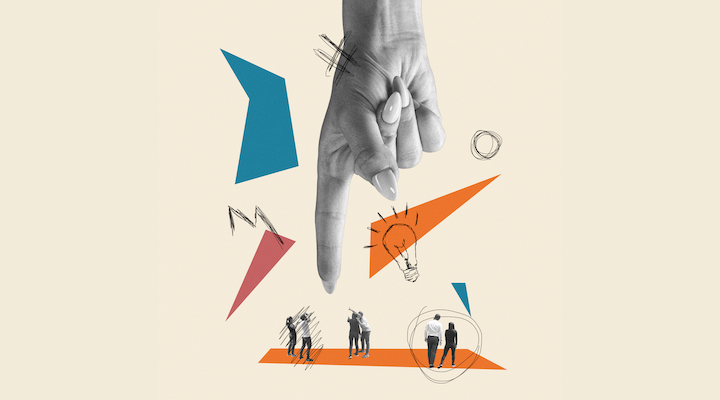A customer survey is only ever as good as its sample base. If you ask the right questions to the wrong people, you’ll get information that’s irrelevant at best and downright misleading at worst. FMCG brands engaging in market research tend to need factual information from real purchasers to yield insights useful to campaigns and product development – anything less is simply unusable.
Getting to the root of the “why behind the buy” is generally done via consumer surveys – but if you’re not linking your survey respondents with demonstrable purchases, you’ll end up with data that’s based on a range of vague impressions instead of getting down to that “why”. Tyler Spooner, CEO of Australia’s largest receipt panel The U Group, says that best-practice consumer surveys are those that panel purchasers only, working to avoid forms of manipulation that can plague most survey systems. The firm’s latest survey solution U Ask targets only survey respondents who have previously uploaded receipt scans to demonstrate that an actual purchase has been made, eliminating the threat of spoilt data due to fraud, bias and bots.
“With purchase surveys, it’s asking questions after what they’ve done about why they’ve done it,” says Spooner. “So it’s a better form of market research. If you don’t connect that purchase with that survey, you’re just asking people what they think.”
The trouble with “asking people what they think” is the difficulty in avoiding the influence of bias.
“A common problem is asking about ‘guilty pleasures’ such as chocolate bars and soft drinks,” explains Spooner. “If you ask a lot of people ‘do you drink coke?’ they might say that they’re not coke drinkers. Then you’ll find that at lunchtime last week, they bought a coke. So the question can miss all these kinds of data points around what people actually do because of what people say when they consider how others might perceive their actions.”
According to Spooner, the survey industry can tend to draw participants into a “race to the bottom”, where big players aggregate responses and pool contact data in an attempt to achieve high volumes of respondents, filtering them afterwards with pre-qualifying questions. The practice runs the risk of participants not accurately remembering their purchases or answering untruthfully due to perceived biases – as well as admitting systematic abuse by “professional survey takers” who know that if they don’t pass a qualifying question round, they won’t be rewarded for taking part.
Another problem occurs when survey firms target multiple panels to fulfil a quota of target participants without having any way to determine whether or not they’re reaching the same people – because survey panelists are frequently registered with more than one survey product. This can result in survey results being skewed towards the responses of a subset of participants who have completed the survey multiple times.
“On the other side of the coin, you have bots and click farms in different parts of the world where they just have a lot of phones set up,” says Spooner, “and they basically do lots of surveys all at once. There are survey companies trying to protect against that kind of abuse using AI, randomising answers and removing outliers, but if you have a sophisticated system like that to remove bots, then the price increases.”
The U Group’s solution to these systemic issues in the survey industry is to ensure that each respondent is linked to an actual purchase via U Ask’s receipts upload feature, eliminating the influence of survey bots and click farms. By maintaining its own representative panel – which is also used for market research, such as tracking market spend from transactional data – U Ask allows affordable trigger surveys after a purchase and gives brands the ability to elicit responses based on verified purchase behaviour without having to ask pre-qualifying questions. This ensures that brands can always know they’re talking to the right buyers, while the need to vet respondents is eliminated, reducing the number of survey questions and bringing down the cost.
“What makes our solution unique is that we directly collect survey results from a given brands’ actual customers,” says Spooner. “This means that no matter how big or small your cohort is, you’ll have accurate, real data. That removes all forms of manipulation such as fraud, bias and bots from the data set.”
U Ask is powered by the largest receipt panel in Australia, with more than 75,000 active panellists uploading more than 7 million shopping receipts. For more information, visit www.uask.io.






